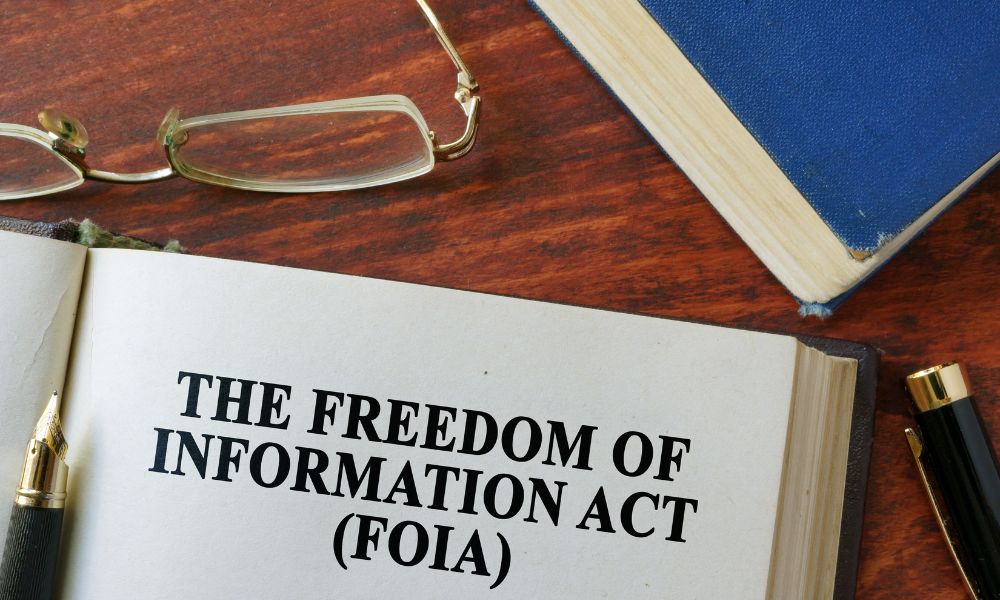
Navigating the immigration process is difficult, especially when it comes to obtaining the paperwork and documents you need for your case. The Freedom of Information Act (FOIA) can make documentation acquisition easier, but there are exemptions and exclusions you should know about.
FOIA and Its Importance for Immigrants
The Freedom of Information Act (FOIA) is a federal law that gives all members of the public the right to access documents and records from the federal government. This means that anyone, including immigrants, can request records related to their immigration history, such as their visa status or previous immigration applications. Access to this information is critical to understanding legal status and potential paths to citizenship.
FOIA Exemptions
While the FOIA grants the public broad access to government records, there are exemptions that allow agencies to withhold certain information. These exemptions relate to national security, law enforcement, personal privacy, and other areas. For example, information related to ongoing criminal investigations may be exempt from FOIA requests to protect the integrity of the investigation.
While these exemptions may limit access to some information, they are intended to protect important interests, such as national security and personal privacy. In some cases, individuals may be able to challenge an agency’s decision to withhold information under an exemption. An attorney can help with this legal challenge.
FOIA Exclusions
In addition to exemptions, there are certain types of information that are excluded from FOIA altogether. Exclusions differ from exemptions because the agency holding them can act as though excluded records do not exist and will not provide them. They acknowledge the existence of exempted records but will not provide them.
Exclusions relate to sensitive categories of information, such as information related to intelligence sources or methods, nuclear weapons information, and certain geological data. The government may also exclude some information related to ongoing law enforcement investigations.
These exclusions are intended to protect particularly sensitive information that, if released, could harm national security or other interests. However, in some cases, an attorney can help individuals challenge an agency’s decision to exclude information.
Understanding the exemptions and exclusions of the Freedom of Information Act can help you build a better immigration case. If you need more hands-on assistance from an FOIA litigation attorney, Gahagan Law can help. Attorney Michael W. Gahagan is a nationally recognized expert in this area of litigation.
